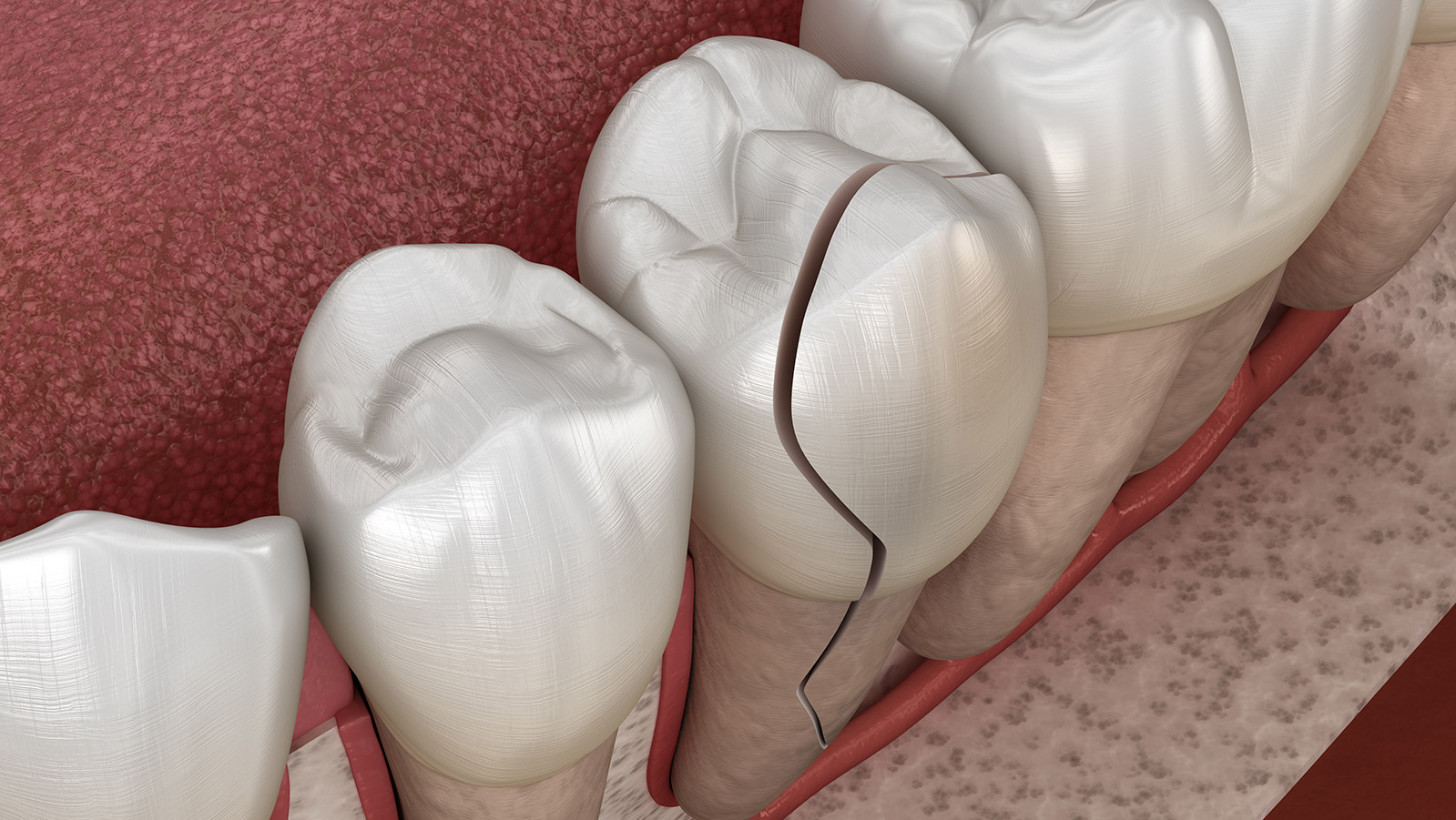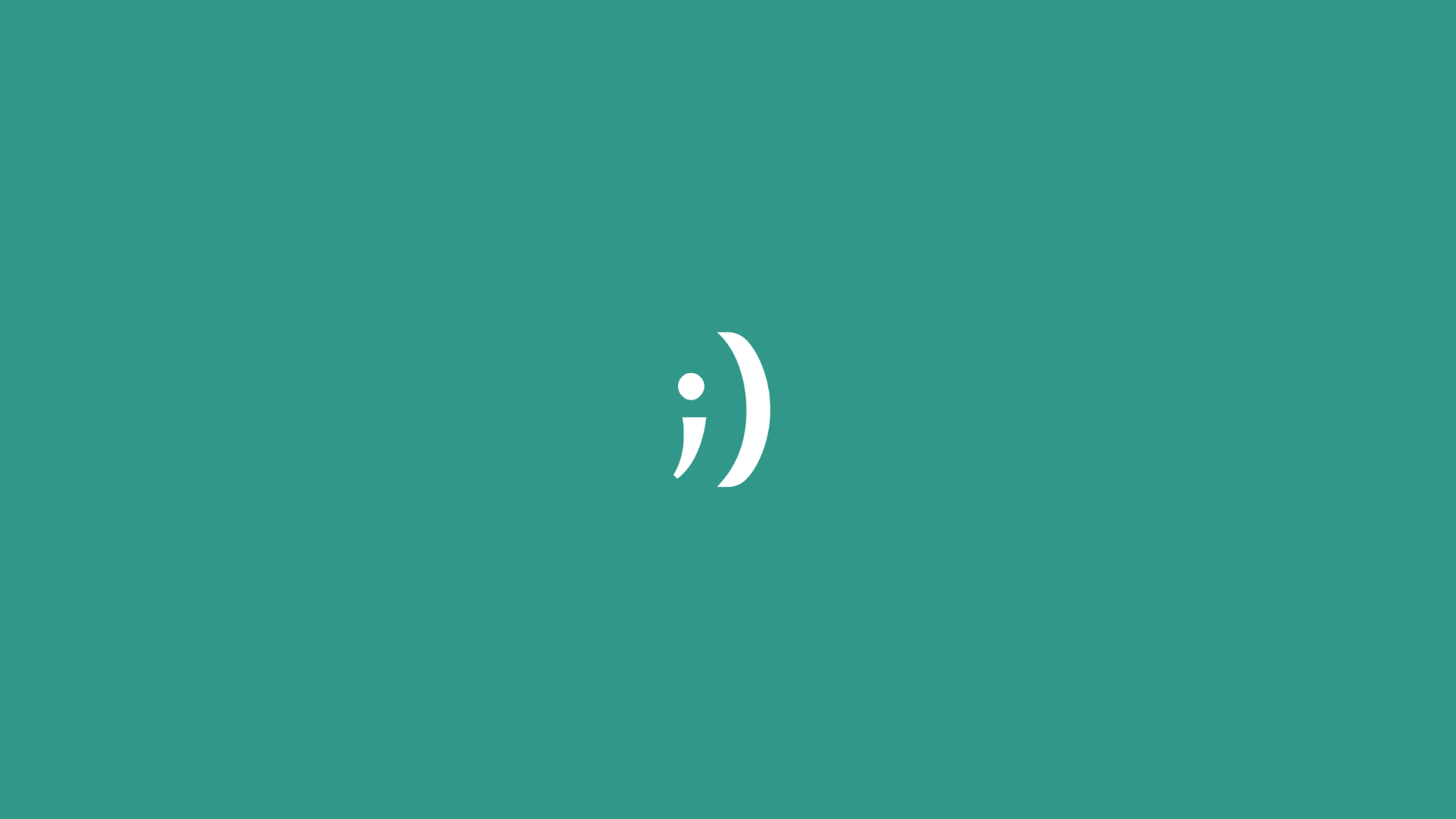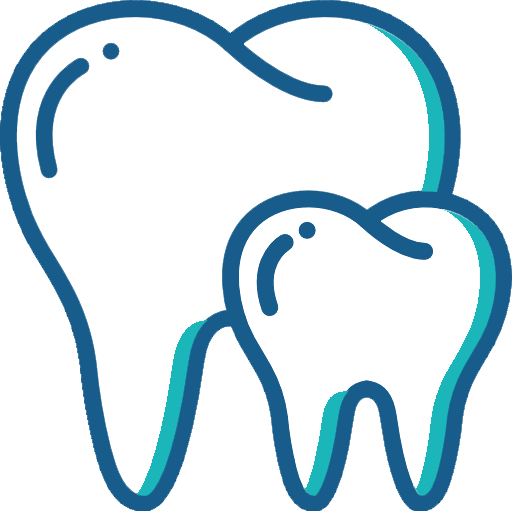Emergency Dental Care and First Aid Tips: What You Need to Know
-
- Aesthetic Dentistry
- Alternative Treatments Based on Your Concerns
- Orthodontics (Invisalign, Braces)
- Dental Implant Treatments
- Periodontology (Gum Diseases)
- Paediatric Dentistry ( Pedodontics)
- Endodontics (Root Canal Treatment)
- Oral, Dental and Maxillofacial Surgery
- DentMax® Technologies
- All on X Implant Treatment
- Hollywood Smile
- Oral and Dental Health Examination
- DentMax® Services
Treatment Summaries
Treatment Summaries
Emergency Dental Care and First Aid Tips: What You Need to Know
At DentMax, we guide you through understanding the emergency situations and first aid steps you might encounter in dental practice. We know how crucial the right interventions are when faced with emergencies like acute tooth pain, broken teeth, or gum bleeding. We emphasise the importance of conveying tips on emergencies and first aid in dentistry.
With our expert team, we teach you the techniques for quick and accurate interventions in emergencies, and also inform you about the medical and legal aspects of these situations.
What Constitutes a Dental Emergency?
Emergencies refer to unexpected issues with dental health, where quick and effective responses can be critical. In this section, we will provide information on how to alleviate tooth pain, what helps with tooth pain, and how to intervene in case of a toothache.
Causes of Tooth Pain
Toothaches can occur for many different reasons. The most common causes are infections caused by tooth decay, wisdom teeth, and gum inflammation. If you're wondering how to stop tooth pain, the first step should be to pay attention to oral hygiene and adopt a regular tooth brushing habit.
Broken or Dislodged Teeth Broken, dislodged, or knocked-out teeth are among the most common emergencies in dentistry. If your tooth breaks, you should preserve the tooth or the broken piece in a glass of milk and consult a dentist as soon as possible.
Gum Bleeding
Gum bleeding can often occur simply due to insufficient tooth brushing. However, if the bleeding cannot be controlled, this could be a sign of a serious gum disease. Contact us for quick and correct intervention. Remember, the answers to how to stop tooth pain or what helps with tooth pain are closely related to starting treatment quickly.
| Emergency | Symptoms | Recommended Action |
|---|---|---|
| Tooth Pain | Sudden and severe pain, sensitivity | Urgently consult a dentist |
| Broken Tooth, Dislodged Tooth | Piece of tooth, pain | Preserve the broken piece in milk (NEVER WASH IN TAP WATER) and visit a dentist immediately |
| Gum Bleeding | Continuous bleeding, redness, and sensitivity in gums | Clean with mouthwash and consult a doctor |
| We know how we can assist you in such situations. For answers to your questions like how to stop tooth pain, what helps with tooth pain, and how to alleviate toothache, please contact us. |
How Should You Approach an Emergency Dental Issue? When faced with an urgent dental issue, it's important to follow these steps before trying to remedy the tooth pain at home. The initial response to prevent the problem from worsening and to preserve your dental health is our priority.
Securing a Broken or Dislodged Tooth If your tooth is broken, never clean it by washing and rinsing, as this can kill the tooth. A dead tooth cannot healthily reattach to the bone.
The first thing to do until you find milk is to roughly clean it with saliva and put the tooth back inside the cheek. You should bring the broken piece in milk to your dentist visit. This is an important step in the treatment of a broken tooth and increases the chances of the tooth being successfully reattached.
Teeth preserved in milk for a few minutes after initial intervention can remain viable for 1-2 hours.
First Aid for a Painful Tooth For initial aid to a painful tooth, you can apply a cold compress to reduce swelling and pain. Among the ways to alleviate tooth pain, there are pain relievers that can reduce the intensity of the pain. However, do not neglect to consult a dentist as soon as possible.
What to Do in Case of Gum Bleeding If you experience gum bleeding, do not panic. Continue to carefully brush the area, and if it does not stop within a few days, immediately consult your doctor. Additionally, paying attention to your oral health and cleaning regularly can prevent more serious gum problems.
When Should You See a Dentist for an Urgent Dental Issue? Questions like 'what to do for tooth pain' and 'how long does tooth pain last' are common when facing dental issues. In some cases, it is crucial to consult a dentist immediately.
Situations Requiring Immediate Dental Consultation Within an Hour Sudden accidents resulting in broken teeth, complete dislodgement, or uncontrollable severe bleeding are prime examples. Especially if your tooth is dislodged for any reason, preserving the tooth and reaching a dentist as quickly as possible increases your chances of saving the tooth.
Home Remedies for Urgent Dental Issues When an urgent dental issue arises, the first thing you can do is apply cold to alleviate the tooth pain. Cold compresses will reduce swelling and pain in your gums. However, this is only a temporary solution, and it is important to seek professional help as soon as possible. Avoid using medications like aspirin that can prolong bleeding and continue to keep your mouth clean.
| Emergency | Home Remedies | Time to Consult a Dentist |
|---|---|---|
| Broken Tooth | Preserve the broken piece in milk | Immediately |
| Tooth Dislodgement | If not fully dislodged, reposition it. If dislodged, place in milk or inside the cheek | Immediately |
| Severe Tooth Pain | Apply a cold compress, use pain relievers | As Soon As Possible |
| What Precautions Can Be Taken for Dental Health? | ||
| The importance of dental health is increasingly recognized each day. As DentMax Oral and Dental Health Clinics in Istanbul and Balıkesir, we guide our patients on the precautions necessary for their dental health. From personal oral care habits to professional care processes, we are proud to be with you at every step. |
Importance of Using a Toothbrush and Dental Floss Do not neglect your daily oral care routine. Using a toothbrush and dental floss is fundamental to maintaining your oral health. These simple end-of-day rituals help prevent plaque formation and the onset of gum diseases. Regular use of dental floss also reduces the risk of cavities by cleaning food residues between teeth.
The Role and Importance of Periodic Dental Check-Ups One of the best ways to invest in your dental health is periodic dental visits. Early diagnosis and intervention can treat problems in their initial stages. As DentMax Oral and Dental Health Clinics in Istanbul and Balıkesir, we enable our patients to maintain the highest level of oral and dental health with regular checks. Choose us for your periodic checks for a healthy smile.
Methods Not to Use in Urgent Dental Issues Uninformed treatments, especially in urgent dental issues, can make the situation worse. Therefore, it is extremely important to contact us at our DentMax communication line, 0212 570 0033, for expert advice before making your own decisions.
Things to Consider Before Using Any Pain Reliever Reaching for pain relievers immediately in an urgent dental issue is often the wrong step. It's necessary to choose medications that do not harm the stomach and do not prolong bleeding. Before using pain relievers, you should definitely contact DentMax to discuss the correct intervention methods with experienced dentists.
Incorrect Practices in Dental Issues Incorrect practices can only provide temporary relief, but can exacerbate the problem in the long run and complicate the treatment process. Therefore, you can find some common misconceptions to avoid in urgent dental issues in the table below.
| Incorrect Practice | What to Do |
|---|---|
| Trying to glue a broken tooth at home | Preserve the tooth piece and consult a dentist |
| Using alcoholic beverages for tooth pain | Apply a cold compress and reach a dentist as soon as possible |
| Putting aspirin in the place of an extracted tooth | Ask for recommendations on pain relief from DentMax at 0212 570 0033 |
| Trying to stop severe bleeding with hot compresses | Apply pressure to slow the bleeding and seek emergency medical help |
| Keep in mind, when you face urgent dental issues, our DentMax communication line at 0212 570 0033 is always here for you. Remember, the right information and intervention are the fundamental steps to preserving your dental health. |
Post-Emergency Dental Care Recovery Process The recovery process for our patients who receive emergency dental treatment is extremely important to us. Within the framework of emergency situations and first aid tips in dentistry, we carefully focus on the necessary actions to maintain oral and dental health during the post-treatment period.
Post-Treatment Oral and Dental Care Recommendations After an emergency dental treatment, you should pay more attention to your oral care. Our recommendations include regularly brushing your teeth, using dental floss daily, and maintaining the highest level of oral hygiene with antiseptic mouthwash.
What to Pay Attention to After Emergency Dental Treatment We recommend following a home care routine compatible with the post-emergency treatment to ensure a quick and trouble-free recovery process. Remember that the treated tooth or gum area might be sensitive, and take extra care of this area. Within the framework of emergency situations and first aid tips in dentistry, do not neglect to stay in communication with your dentist regarding any pain and sensitivity you experience.
In Summary, Emergency Dental Treatments and DentMax When faced with an emergency dental issue, we know time is of the essence. Therefore, at DentMax Oral and Dental Health Clinics, while offering tips on emergencies and first aid in dentistry, we prioritize patient health above all. Our expert dentists and healthcare staff are here to be with you during moments requiring emergency dental treatment.
At DentMax, we are committed to providing you with the most effective and rapid intervention in emergencies. With our clinics located in Istanbul and Balıkesir, we have a support network that you can reach by phone at 0212 570 0033. Our treatments not only resolve emergencies but also protect you from future issues with expert advice and correct intervention methods.
In summary, at DentMax, we are always working to protect your mouth and teeth in the best way possible. Being your guide on the path of emergency situations and first aid tips in dentistry and helping you in every way with our services is important to us. You can always choose DentMax for a healthy smile.
Q: What should I do if I have a toothache? A: In the case of severe tooth pain, you can take a non-blood thinning pain reliever, except for aspirin. However, you should consult a dentist as soon as possible.
Q: My tooth is broken, what should I do? A: Find the broken piece of your tooth and bring it to the dentist as quickly as possible. The broken tooth piece should be secured and protected. This is important to prevent excessive damage to the tooth tissues and to potentially reattach the tooth.
Q: My tooth was extracted, but the bleeding won't stop, what should I do? A: Bleeding after a tooth extraction usually stops within 15 minutes. If bleeding continues, you can help stop it by applying pressure with a sterile gauze pad. If the bleeding does not stop after 1-2 hours post-extraction, you must consult your dentist immediately.
Q: I have severe throbbing in my teeth, what do you recommend? A: Severe throbbing often indicates a problem with the gum or surrounding soft tissues. Cleaning the tooth and the spaces between teeth with a brush and dental floss can remove food residues. However, if this does not solve the problem, you should consult a dentist as soon as possible.
Q: When should I go to the dentist if I have an urgent dental issue? A: Urgent dental issues include pain, bleeding, breaking, or dislodgement of a tooth. When you encounter such situations, you should consult a dentist as quickly as possible. Some conditions can yield better results if the dentist is reached within an hour.
Q: Are teeth whitening procedures considered an urgent dental issue? A: Teeth whitening procedures are generally performed for aesthetic purposes and are not considered urgent dental issues. However, home teeth whitening procedures can sometimes cause irritation in the gums and surrounding soft tissues. In such cases, you should consult your dentist.
Q: Something is stuck between my teeth, how can I remove it? A: You can use dental floss to remove foreign objects stuck between your teeth. However, be careful not to damage your gums during this process. If you cannot remove it with dental floss, you should seek help from your dentist.
Q: I have a toothache along with another issue, what should I do? A: If you are experiencing a toothache along with another issue, such as swelling, fever, or general malaise, this may indicate a more serious health problem. In such cases, you should seek medical help at a healthcare facility or dental clinic as soon as possible.
Q: What should I do first if I have an urgent dental issue? A: First, try to stay calm and consult your dentist as quickly as possible depending on the severity of the problem. It is important to follow the recommendations provided by your dental clinic in emergencies.
Q: My tooth is broken, what should I do? A: Secure the broken tooth piece and clean it with clean water. If possible, keep the broken tooth or piece moist and bring it to your dentist as soon as possible. If there is bleeding, apply pressure with a clean cloth for about 15 minutes to stop the bleeding.
Q: Which medications should I use for a toothache? A: Before using any pain reliever for a toothache, considering that such medications can cause irritation in the gums and surrounding soft tissues, it is important to consult your dentist. Although medications can provide temporary relief, it is best to seek professional help to treat the source of the problem.
Q: I bumped my tooth and it is loose, what should I do? A: Try to avoid moving the tooth as much as possible and consult your dentist immediately. It is important to prevent excessive damage to the tooth tissues to potentially save the tooth. Your dentist will perform the necessary procedures to try to save the tooth if possible.
Q: What should I do if I experience an emergency after a teeth whitening procedure? A: If you experience any excessive sensitivity or pain after a teeth whitening procedure, inform your dentist immediately. Sometimes such treatments can temporarily increase sensitivity in the teeth, and this condition can be easily managed with treatment.
Q: My gums are bleeding, does this require an emergency approach? A: Gum bleeding can occur for various reasons and can sometimes indicate serious health issues. As a first aid at home, you can clean the tooth and the spaces between teeth with a soft toothbrush and dental floss.
Q: What should be the emergency approach for a child with a toothache? A: There can be many reasons for a toothache in children. First, gently check the child's mouth and teeth for any foreign objects or visible damage. To comfort the child, you can apply a cold compress or give a pain reliever safe for children. However, these are only temporary solutions, and you should consult a dentist as soon as possible.
Source

Online Appointment
Create your appointment quickly in 5 steps











